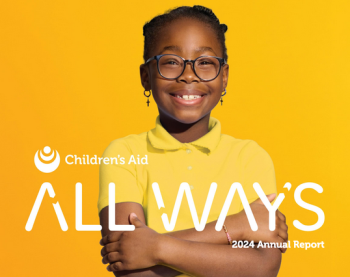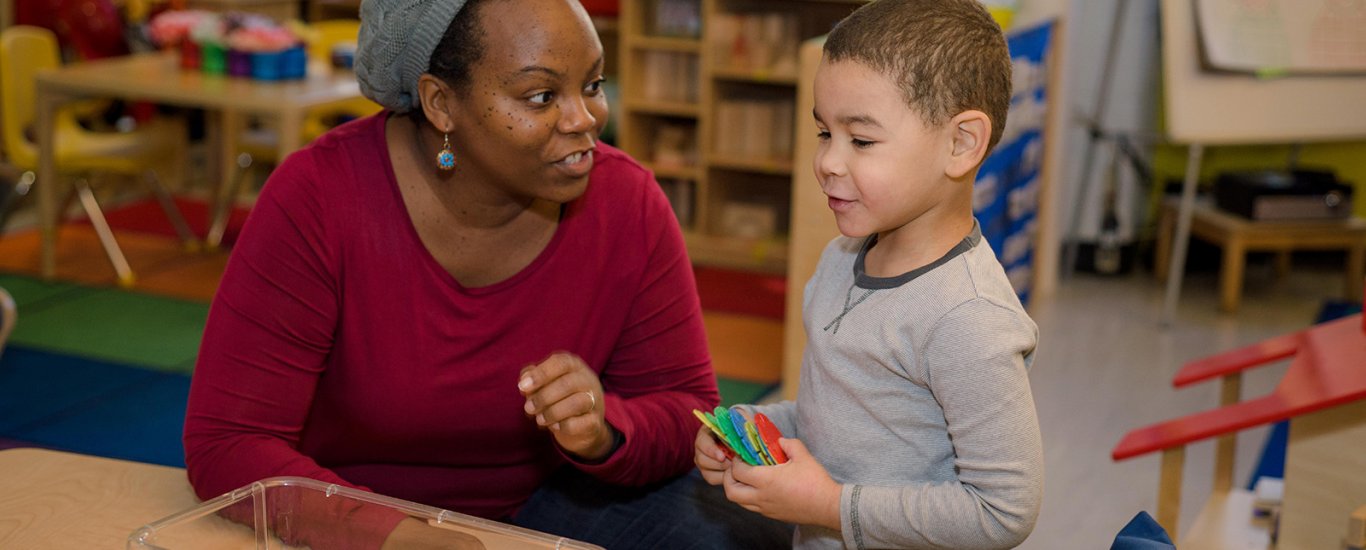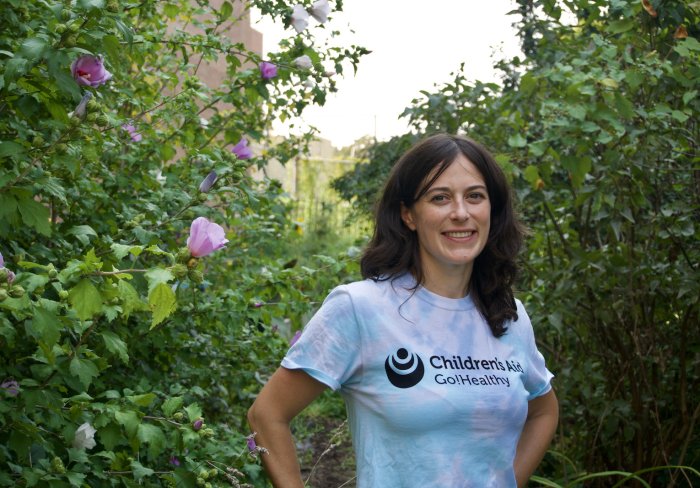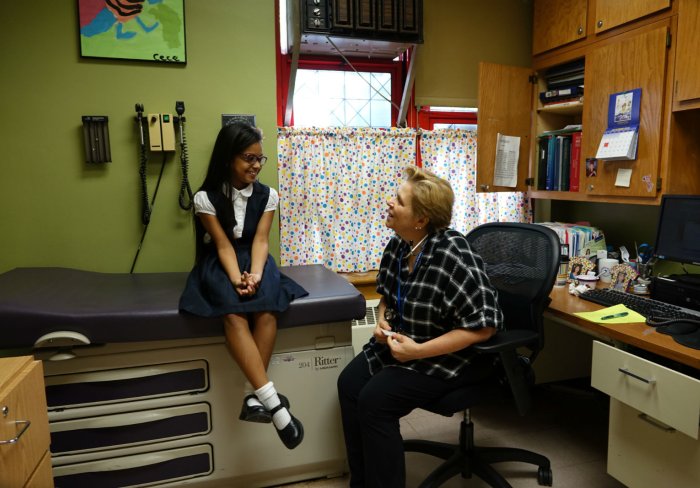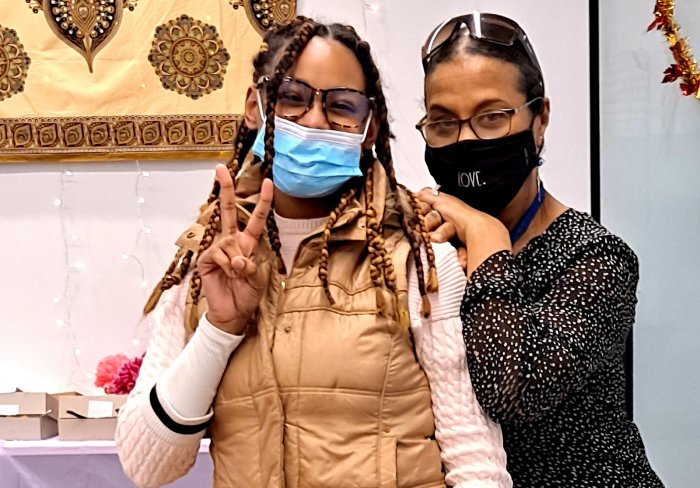The first three years of a child’s life are critical for linguistic, social, emotional, and motor development. New York City officials have realized the importance of a high-quality education during this period, and in recent years have invested in pre-K and 3-K for all New Yorkers.
A new report released on Monday by the Bank Street Education Center argues that we should also heavily invest in the educators who care for this population. The report, titled Investing in the Birth-to-Three Workforce, outlines a plan to create a training program for home and center-based teachers similar to a medical residency.
The majority of the early childhood workforce in New York City consists of women, 54 percent of whom are women of color. They are poorly compensated – 19 percent of early childhood workers live in poverty, lack access to comprehensive benefits, and only 36 percent have an associate’s degree or higher.
The report argues that infant and toddler educators should be placed at centers with experienced colleagues who can act as mentors. At the same time, they can work toward receiving credits for an associate’s or bachelor’s degree through online and in-person courses.
The report also emphasizes that while it is important to professionalize the work of educating infants and toddlers, it must not come at the cost of creating more obstacles for the current workforce. Therefore, these residency programs must offer robust scholarships to cover coursework.
At Children’s Aid, we believe in equity and are committed to investing in our early childhood educators. Last year, we advocated for pay parity between early childhood educators working at nonprofits like ours and educators at the Department of Education who make between $15,000 and $30,000 more per year.
In July, the city reached an agreement to boost the salaries of pre-K teachers working in community-run schools. Though we celebrate this success, there is still a substantial gap between funding for early childhood education and k through 12 education.
Federal, state, and local funding for early childhood education was close to $30 billion in 2016. During the same year, funding for elementary education reached $668 billion.
Early childhood development is critical in shaping future success in school, relationships, and life. The educators responsible for guiding students through this period of life should be compensated accordingly.
